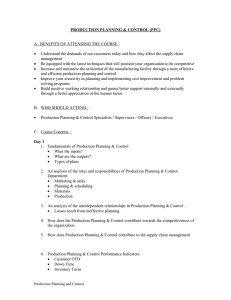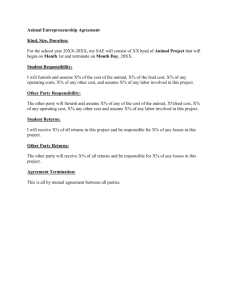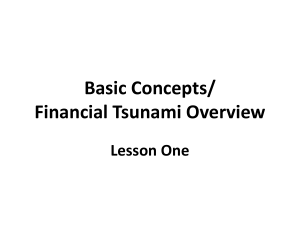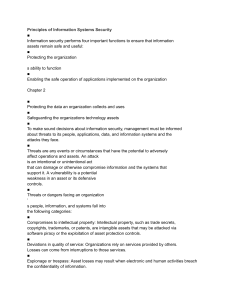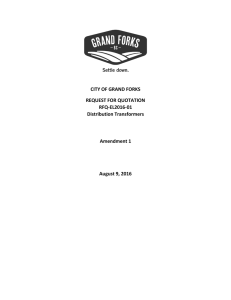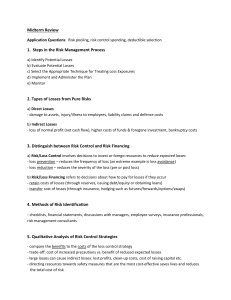Adapting to Loss: Ten Practical Steps
advertisement
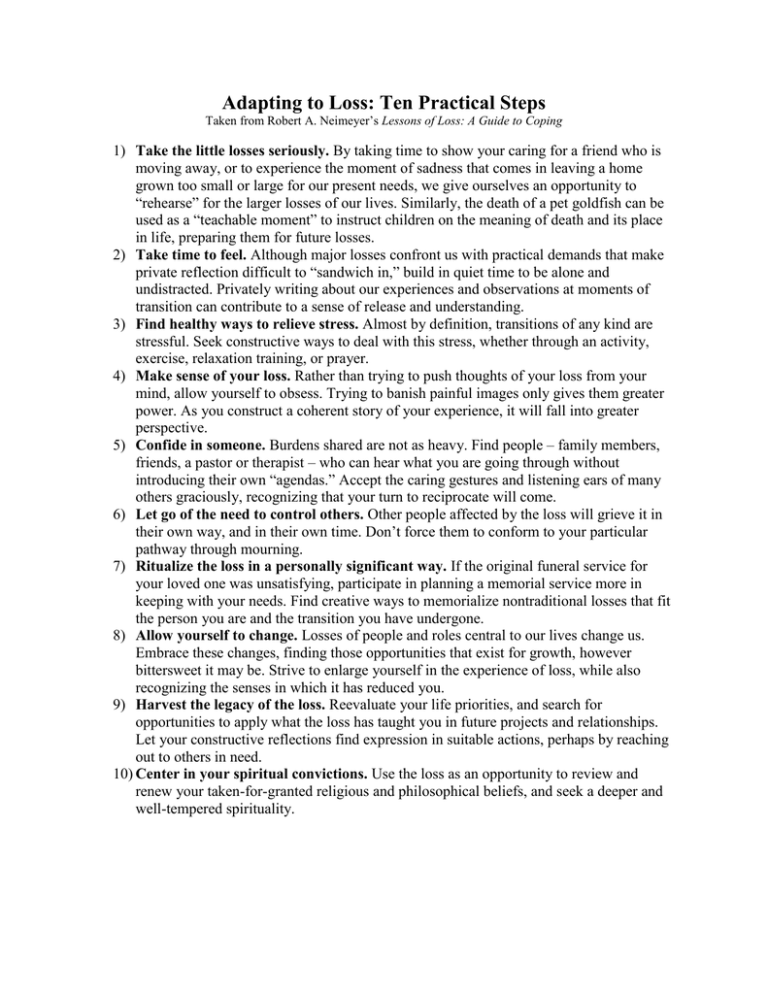
Adapting to Loss: Ten Practical Steps Taken from Robert A. Neimeyer’s Lessons of Loss: A Guide to Coping 1) Take the little losses seriously. By taking time to show your caring for a friend who is moving away, or to experience the moment of sadness that comes in leaving a home grown too small or large for our present needs, we give ourselves an opportunity to “rehearse” for the larger losses of our lives. Similarly, the death of a pet goldfish can be used as a “teachable moment” to instruct children on the meaning of death and its place in life, preparing them for future losses. 2) Take time to feel. Although major losses confront us with practical demands that make private reflection difficult to “sandwich in,” build in quiet time to be alone and undistracted. Privately writing about our experiences and observations at moments of transition can contribute to a sense of release and understanding. 3) Find healthy ways to relieve stress. Almost by definition, transitions of any kind are stressful. Seek constructive ways to deal with this stress, whether through an activity, exercise, relaxation training, or prayer. 4) Make sense of your loss. Rather than trying to push thoughts of your loss from your mind, allow yourself to obsess. Trying to banish painful images only gives them greater power. As you construct a coherent story of your experience, it will fall into greater perspective. 5) Confide in someone. Burdens shared are not as heavy. Find people – family members, friends, a pastor or therapist – who can hear what you are going through without introducing their own “agendas.” Accept the caring gestures and listening ears of many others graciously, recognizing that your turn to reciprocate will come. 6) Let go of the need to control others. Other people affected by the loss will grieve it in their own way, and in their own time. Don’t force them to conform to your particular pathway through mourning. 7) Ritualize the loss in a personally significant way. If the original funeral service for your loved one was unsatisfying, participate in planning a memorial service more in keeping with your needs. Find creative ways to memorialize nontraditional losses that fit the person you are and the transition you have undergone. 8) Allow yourself to change. Losses of people and roles central to our lives change us. Embrace these changes, finding those opportunities that exist for growth, however bittersweet it may be. Strive to enlarge yourself in the experience of loss, while also recognizing the senses in which it has reduced you. 9) Harvest the legacy of the loss. Reevaluate your life priorities, and search for opportunities to apply what the loss has taught you in future projects and relationships. Let your constructive reflections find expression in suitable actions, perhaps by reaching out to others in need. 10) Center in your spiritual convictions. Use the loss as an opportunity to review and renew your taken-for-granted religious and philosophical beliefs, and seek a deeper and well-tempered spirituality.
